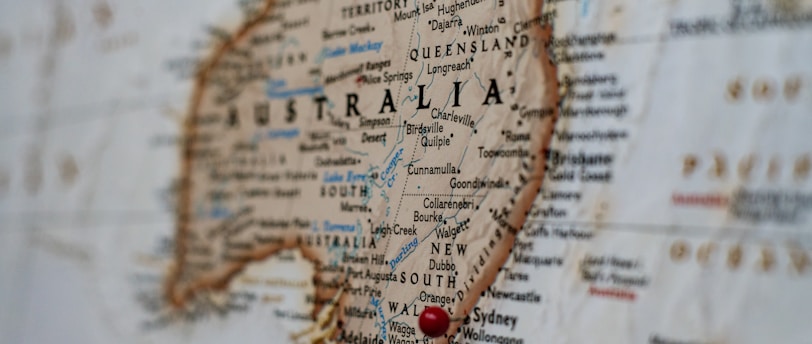What will 2024 look like for inflation-stressed Australians?
What will 2024 look like for inflation-stressed Australians?
FINANCE
Malik HS
1/2/20243 min read


What will 2024 look like for inflation-stressed Australians?
2023 is a year that many people would like to forget. There have been many such trials this year, but there has been no apparent improvement.
Due to the effects of the Russia-Ukraine war and the situation in the Middle East, soaring inflation has hit financial markets in Australia and around the world.
According to Dr. George Calhoun of the Stevens Institute of Technology, inflation seems to distract people from the real factors that are changing the world. It's like a curtain covering the problems.'' How to deal with the situation in the Middle East, the war in Ukraine, the situation in China, and the growing political divisions in the country. ”
Looking at Australia's economic situation, a number of factors have had a significant impact over the past 12 months.
Kyle Roda, senior financial analyst at Capital.com, said one event played a big role last year: "The biggest shock to Australian financial markets was the Qantas incident. I think it was obviously very beneficial to a lot of people. Complaints from consumers and society have also increased significantly. From a broader capitalism perspective, I think some of the issues are surfacing around the world. ” However, if you look at the net profit balanced against shareholder demands and the social and political environment, the practical reality is that the entire board, the quants, will be completely replaced and Alan Joyce will step down. Understood. This is the biggest change in the business world and how companies function. ”
Quantas' CEO will not be the only airline to step down in 2023.
Philip Lowe also resigned from his role as head of Bank Wealth Australia. This follows a series of interest rate hikes this year, which currently stands at 5.4%.
Optus CEO Kelly Rosemary was also forced to leave after the company's network went down for several hours, leaving customers without internet or phone service. Roda says these changes at the leadership level show that people are tired of constant mistakes.
“I think it's a big responsibility, even if it sounds old-fashioned. 24-hour news headlines and social media hype have created a society that doesn't tolerate even the smallest mistakes in the corporate sector and has strict accountability. And we've seen a change in shareholder capitalism both internationally and here, where shareholder issues, the character of society as a whole, politics, the environment are much more important than before. media and technology are also increasing accountability.”
In 2023, many saw a changing world that was slowly recovering from the effects of the COVID-19 pandemic. Companies are figuring out how to organize new work hours and schedules for their employees. Many organizations are increasing the pressure on employees who want to work from home. Many people who lost their jobs due to the coronavirus pandemic have returned to work.
According to Dr. George Calhoun of the Stevens Institute of Technology, he expects this trend to continue next year.
“The pandemic has put millions of people out of work, but they are now returning to work because they are too old, have too much capital or wonder how long they will stay home. Masu. As a result, most people have now returned to work. So I think the labor market is returning to normal after the big shock of 2020 and 2021. ”
Interest rates stopped rising further in the second half of 2023, providing a glimmer of hope for Australians who had been plagued by inflation concerns.
The situation is expected to further improve next year as inflation and interest rates fall.
The real test in 2024 will be whether inflation can be brought down further, Loda said.
"I think we're at a stage where in the last few minutes of work, 90 percent of his work is done very quickly and the other 10 percent of his work is done very slowly. It's just a matter of when and how it happens. Is it a recession? But now, at the beginning of a new year, I think we can say with considerable confidence that global interest rates have peaked and will start to fall sometime next year.
Can the world market overcome the inflation problem? It really depends on the situation.
On the one hand, these two wars have affected trade corridors, and on the other, the US presidential and European elections, as well as China's growing influence, have put the economy in a critical situation. Further trials will be held next year.
